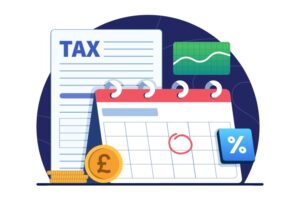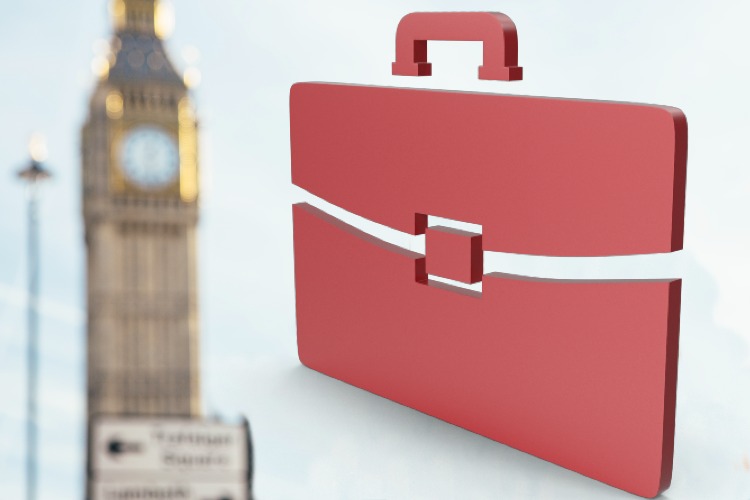The accounts are all on the computer and, you think, the records are well maintained, and the bank feeds work every day importing transactions.
It appears the business is doing well – profits are shown to be more than £100,000 on the profit and loss report…. but is it all as it seems? Are you disappointed/disillusioned when, after the accountant makes his adjustments (some considerable time after the year-end) there is only £30,000 profit and this is far below that required by the mortgage broker, so the new house goes out of the window?
A regular review and management accounts – either monthly or quarterly, could highlight this issue long before the year end and gives time to take remedial action.
How do such differences arise? There are a variety of accounting adjustments which could affect the results. Here are just a few: –
Expenditure being incorrectly categorised – capital expenditure e.g., a new computer or piece of machinery being posted to expenses rather than capitalised as an asset. In this case, the expenses have been overstated, and capitalising it will increase profits.
Cut-off can be a major factor. Income may be invoiced in the period, but it actually covers future periods e.g., if a bill for £120,000 is raised on 31 March but is for work to be done and the expenses are to be incurred in the next financial year, this has overstated profits by that £120,000. Stock and work in progress (where applicable) are other items that can fluctuate substantially and, if not accounted for correctly, can affect the profit substantially too.
Accruals and prepayments are another area where the accountants will generally adjust at a year-end- but they can affect the accounts every month. If you are billed 3 months in arrears for the electricity used and the bill comes in on say 2 April for the 3 months to 31 March then that should be reflected in the 31 March accounts, increasing the expenses for that year.
Depreciation can also be significant – deprecation is a book adjustment to reflect the loss in value of an asset over a period. Buy a machine now for £100,000 – in 5 years’ time the expected value may only be £20,000 so the asset depreciates over that period. If it depreciated on a “straight line” basis, then £80,000 will be the depreciation over 5 years – £16,000 p.a. hitting the profit and loss account.
Please talk to us about having more regular accounts and or reviews carried out – you will have a much better idea as to where you are at any point in time. This can also help avoid nasties too such as taking high dividends from the company based on £100,000 profits when the actual profit is significantly less. There are too many tax implications here to discuss further!
You need figures that make sense when you look at them. Arrange to meet us today to have a chat and discuss what can be done to make them more meaningful more regularly.










